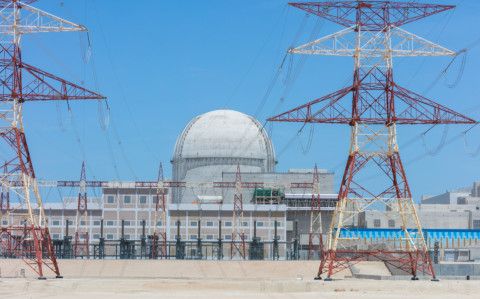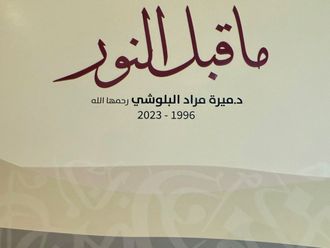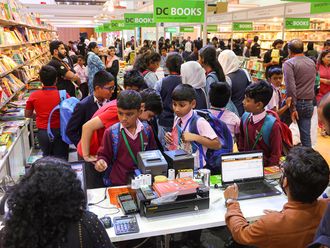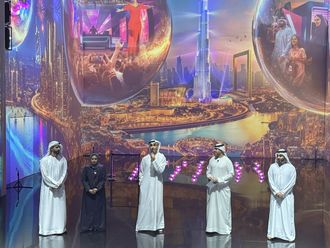
Abu Dhabi: Nawah Energy Company (Nawah), the subsidiary of the Emirates Nuclear Energy Corporation (ENEC) responsible for operating and maintaining the Barakah Nuclear Energy Plant, has commenced loading the first nuclear fuel assemblies.
This is the initial step in the process towards safely and gradually commencing operations and subsequent generation of clean electricity.
The loading of the fuel comes after the Federal Authority for Nuclear Regulation (FANR) approved the operating license for Unit 1, authorising Nawah to operate the reactor for a duration of 60 years.
Rigorous requirements
“Receiving the operating license for Unit 1 of the Barakah Nuclear Energy Plant is a significant milestone for Nawah Energy Company as it becomes the latest operator to join the global nuclear community,” said Mark Reddemann, chief executive officer of Nawah. “
“We are proud to have demonstrated that Nawah meets rigorous federal requirements, as well as robust international standards for nuclear safety and quality. We are committed to meeting these standards throughout the start-up process and the lifespan of the plant,” he added.
“Our teams are trained, certified and ready to safely commence the testing and start-up processes for Unit 1 working in full adherence to FANR regulations, as well as industry best practices as set forth by the World Association of Nuclear Operators,” he said.
Once the fuel assemblies are loaded, Nawah will run a series of tests, prior to commencing the start-up sequence process known as power ascension testing , where operators will safely and steadily raise the power generation levels.
During this process, the unit will be synchronised to the grid, and the first megawatts of electricity will be dispatched. Following the successful completion of these tests, Unit 1 will begin commercial operations.
Construction of Barakah Unit 1 began in 2012 and was completed in 2018. In parallel, construction of Units 2, 3 and 4 continues to progress towards completion. The overall completion of the Barakah plant is now more than 93 per cent. When fully operational, all four units will meet 25 per cent of the UAE’s electricity generation and will also prevent the release of more than 21 million tons of greenhouse gas emissions every year.












